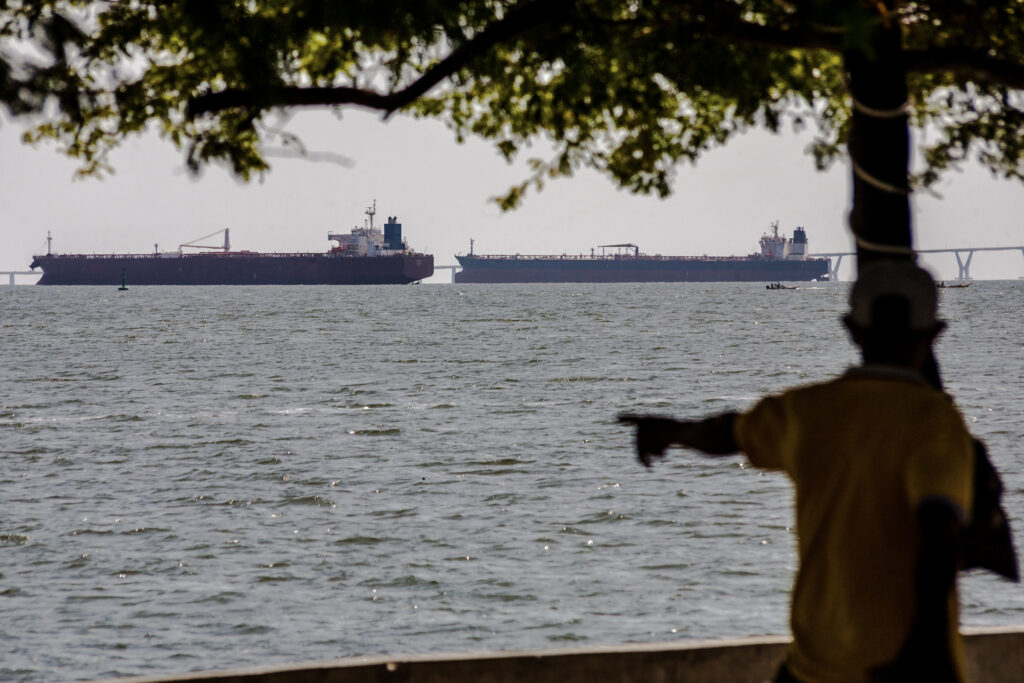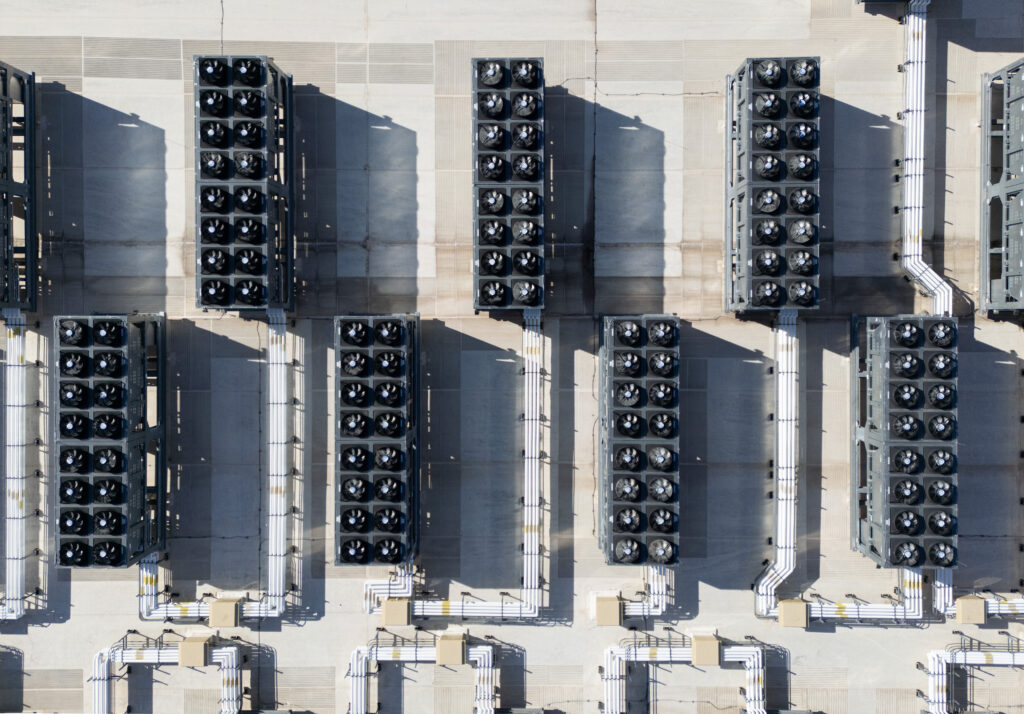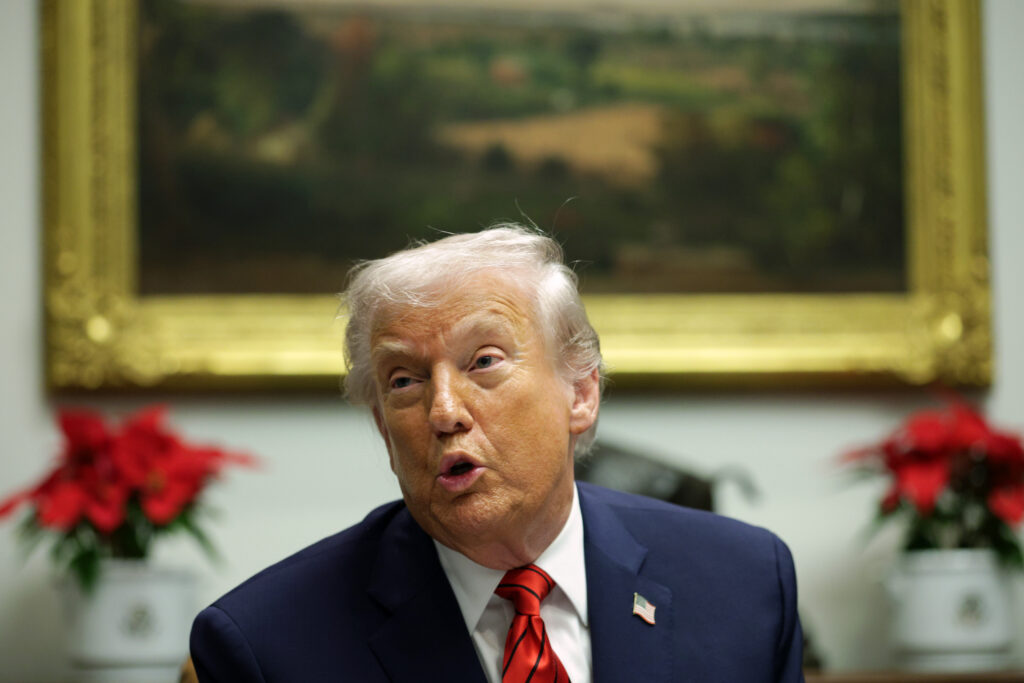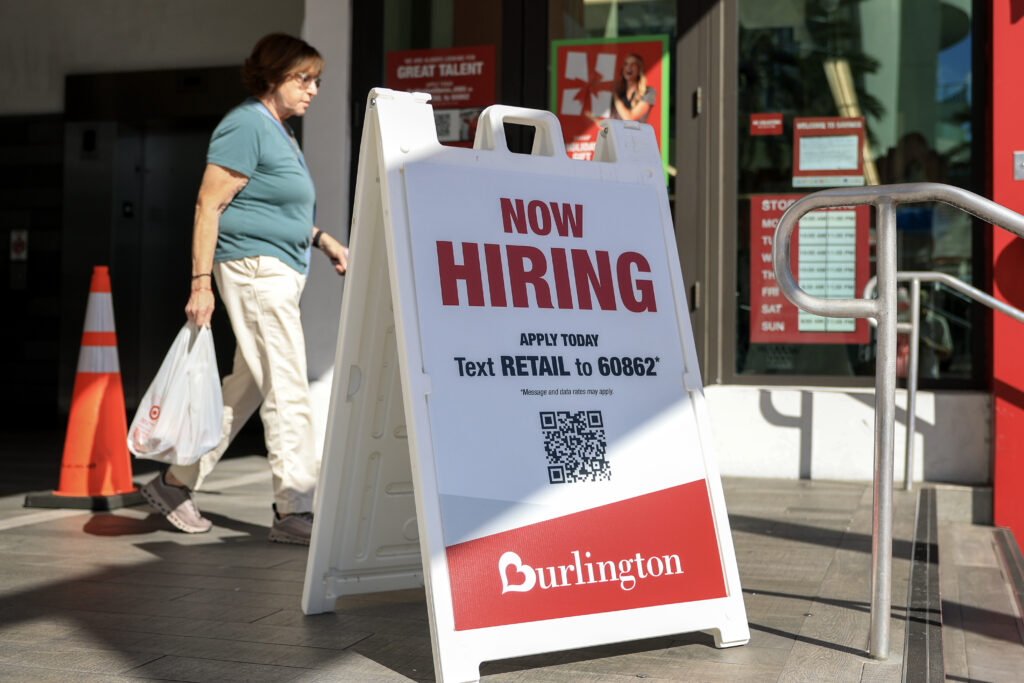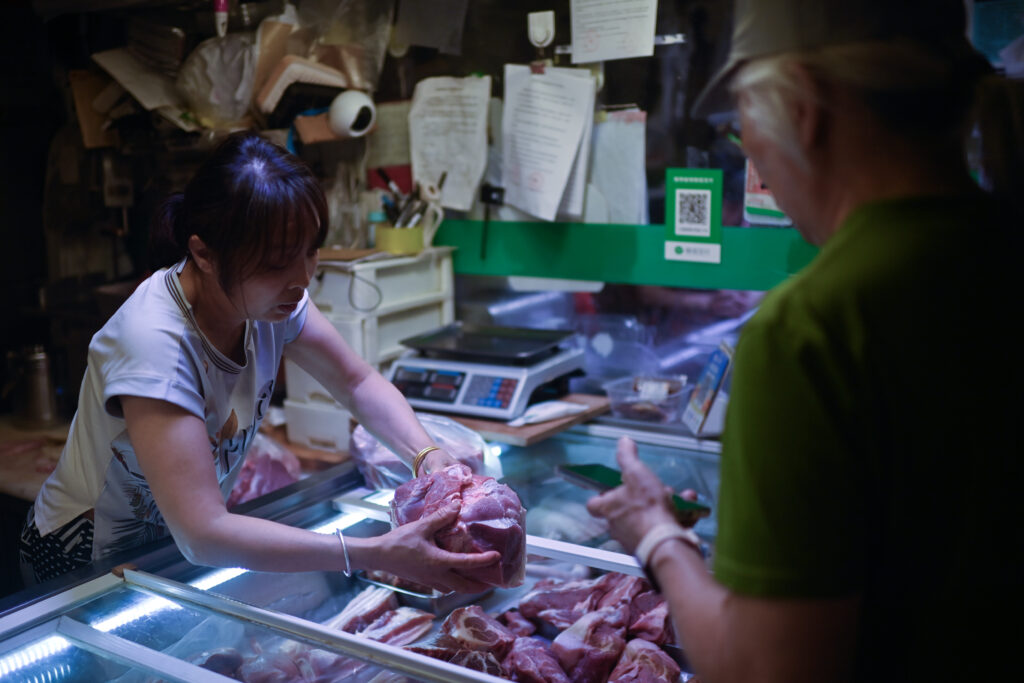Asian markets track Wall St lower as AI fears mount
Asian markets sank Thursday after another sell-off on Wall Street as worries over the tech sector’s colossal spending on artificial intelligence continued to dog investor sentiment.Hopes for an end-of-year rally have been dealt a blow after the Federal Reserve last week hinted that it could pause its interest rate cuts next month while more questions are being asked about the cash pumped into AI.While the US central bank’s three successive rate reductions have provided a boost to equities in the back end of the year, some fear that support will be taken away.Key US inflation data due later Thursday could provide some idea about officials’ plans after a jobs report Tuesday provided little clarity.Focus is now back on the tech sector amid rising speculation that a bubble has formed and could be close to popping. While software and chip firms have led a surge in markets to record highs this year, a growing number of investors are beginning to wonder whether their valuations have been stretched and are asking when the cash pumped into AI will start to see returns.Those worries were compounded Wednesday by a report that private capital group Blue Owl had pulled out of market giant Oracle’s $10 billion data centre, putting the project in doubt.That came after Oracle and chip giant Broadcom last week unveiled disappointing earnings reports.Oracle plunged more than five percent Wednesday, while Broadcom and other sector heavyweights, including Nvidia, Alphabet and Advanced Micro Devices, also tumbled.The Nasdaq on Wall Street dived 1.8 percent and the broader S&P 500 was off more than one percent.Michael Hewson at CMC Markets said the “surge in valuations has… prompted fears of a bubble in the sector with some wild swings in recent weeks on the back of some end-of-year profit taking”.He added that there was “some chatter that 2026 could prompt a bit of a reset when it comes to AI winners, and AI losers”.Asian markets tracked the US losses, led by tech firms including Japan’s Renesas and investment giant SoftBank.Tokyo shed more than one percent along with Seoul, while Hong Kong, Sydney, Singapore, Wellington, Taipei, Manila and Jakarta were also in the red. Shanghai was flat.Oil prices rose more than one percent for a second successive day after Washington said US forces carried out a strike on a vessel it said was engaged in drug trafficking in the Pacific Ocean, killing four “narco-terrorists”.The move ramped up concerns about Donald Trump’s plans for Venezuela after he ordered a blockade of “sanctioned” oil tankers heading to and leaving the country.The US president’s Venezuelan counterpart Nicolas Maduro claims the White House is seeking regime change instead of its stated goal of stopping drug trafficking.- Key figures at around 0230 GMT -Tokyo – Nikkei 225: DOWN 1.0 percent at 49,006.89 (break)Hong Kong – Hang Seng Index: DOWN 0.2 percent at 25,414.87Shanghai – Composite: FLAT at 3,870.37Euro/dollar: DOWN at $1.1739 from $1.1743 on WednesdayPound/dollar: DOWN at $1.3367 from $1.3379Dollar/yen: UP at 155.78 yen from 155.70Euro/pound: UP at 87.82 pence from 87.77West Texas Intermediate: UP 1.7 percent at $56.90 per barrelBrent North Sea Crude: UP 1.6 percent at $60.61 per barrelNew York – Dow: DOWN 0.5 percent at 47,885.97 (close)London – FTSE 100: UP 0.9 percent at 9,774.32 (close)
